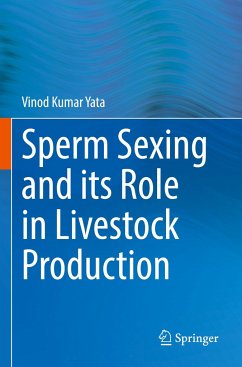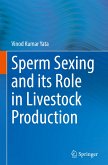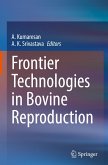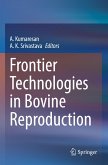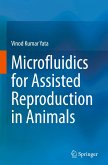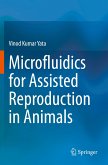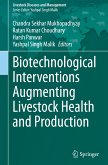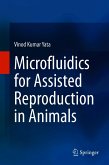This book presents basic principles and discusses the state-of-the-art methods of sperm sexing in livestock. It reviews the challenges and critical opinions on the conventional sperm sexing methods and characteristic features of spermatozoa of farm animals which could help to develop novel methods of sperm sexing. The book also presents principles and applications of flow cytometry for sperm separation. The chapters of the book elucidate methods and difficulties in developing sperm sexing methods. Notably, it covers recent research on immunological and nanotechnology-based sperm sexing methods. The book also provides information on the development of semen extenders. Towards the end, the book examines ethical and commercial aspects of sperm sexing. It is an ideal reference book for students, researchers and professionals working towards improving livestock production.
Bitte wählen Sie Ihr Anliegen aus.
Rechnungen
Retourenschein anfordern
Bestellstatus
Storno

